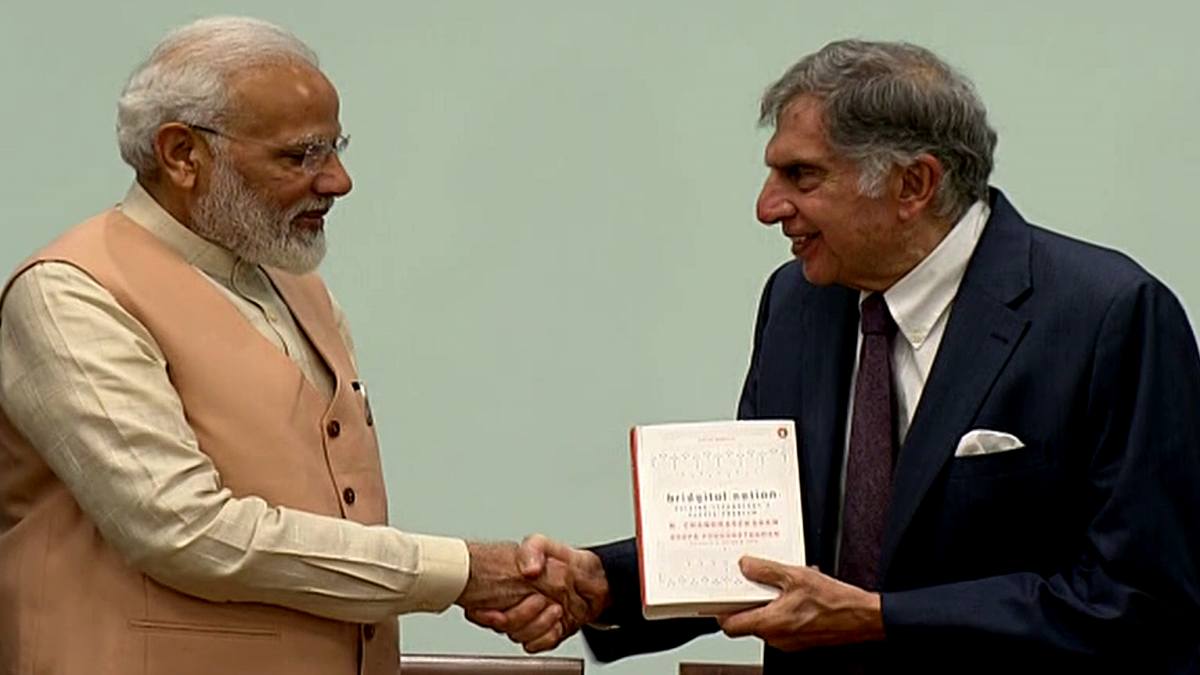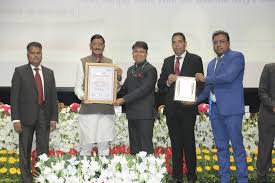Today, Ms. Sumita Dawra, Secretary of the Ministry of Labour and Employment, Government of India, led the SDG 8 session on “Decent Work & Economic Growth” at the Eighth South and South-West Asia Subregional Forum on SDGs, held at Bharat Mandapam, Pragati Maidan, New Delhi. The event was co-hosted by NITI Aayog and UN ESCAP.
In her address, the Secretary (L&E) highlighted India’s commitment to promoting inclusive economic growth and creating better employment opportunities for its citizens. She emphasized progress in areas such as improving employment rates, formalizing the labor market, and fostering economic inclusion through digital technologies. The Secretary also outlined several key government initiatives:
Inclusive Growth: India’s economic growth is accelerating, with the World Bank forecasting a 7% GDP growth for FY 2024-25. The government’s poverty alleviation efforts have led to approximately 250 million people rising out of multidimensional poverty in recent years.
Social Protection Coverage in Global Database: The ILO’s World Social Protection Report 2024-26 highlights India’s substantial increase in social protection coverage, positioning the country as a model for other nations in the region. The report also emphasizes India’s Targeted Public Distribution System (TPDS), the world’s largest legally binding social assistance program, which provides food security to nearly 800 million people.
Employment Situation: Data from the Periodic Labour Force Survey (PLFS) and the Reserve Bank of India (RBI) reveals a decline in India’s unemployment rate from 6% in 2017-18 to 3.2% in 2022-23. Over the same period, the employment rate rose from 46.8% to 56%. Key sectors such as services, construction, manufacturing, and logistics have significantly contributed to job creation.
Formalization of the Labor Market: In the last six years, India has added more than 64 million new subscribers to the Employees’ Provident Fund Organization (EPFO). The 2024-25 Budget introduced Employment Linked Incentive (ELI) schemes as part of the Prime Minister’s five-scheme package, focusing on high-quality job creation, particularly for first-time employees, returnees, and employers.
Leveraging Technology and Innovation: India is leveraging technology to streamline labor market efficiency. The National Career Service (NCS) portal, which connects job seekers with employers, plays an essential role in bridging the labor supply-demand gap. Meanwhile, the e-Shram portal, which serves over 300 million registered workers in the informal sector, offers a centralized platform for social security and welfare benefits. It also extends services to gig and platform workers, with plans to include healthcare, life insurance, and skill development.
Labour Reforms: India has consolidated 29 labor laws into four simplified codes, which aim to enhance working conditions, improve productivity, and provide better social security coverage for all workers, including gig and platform workers.




